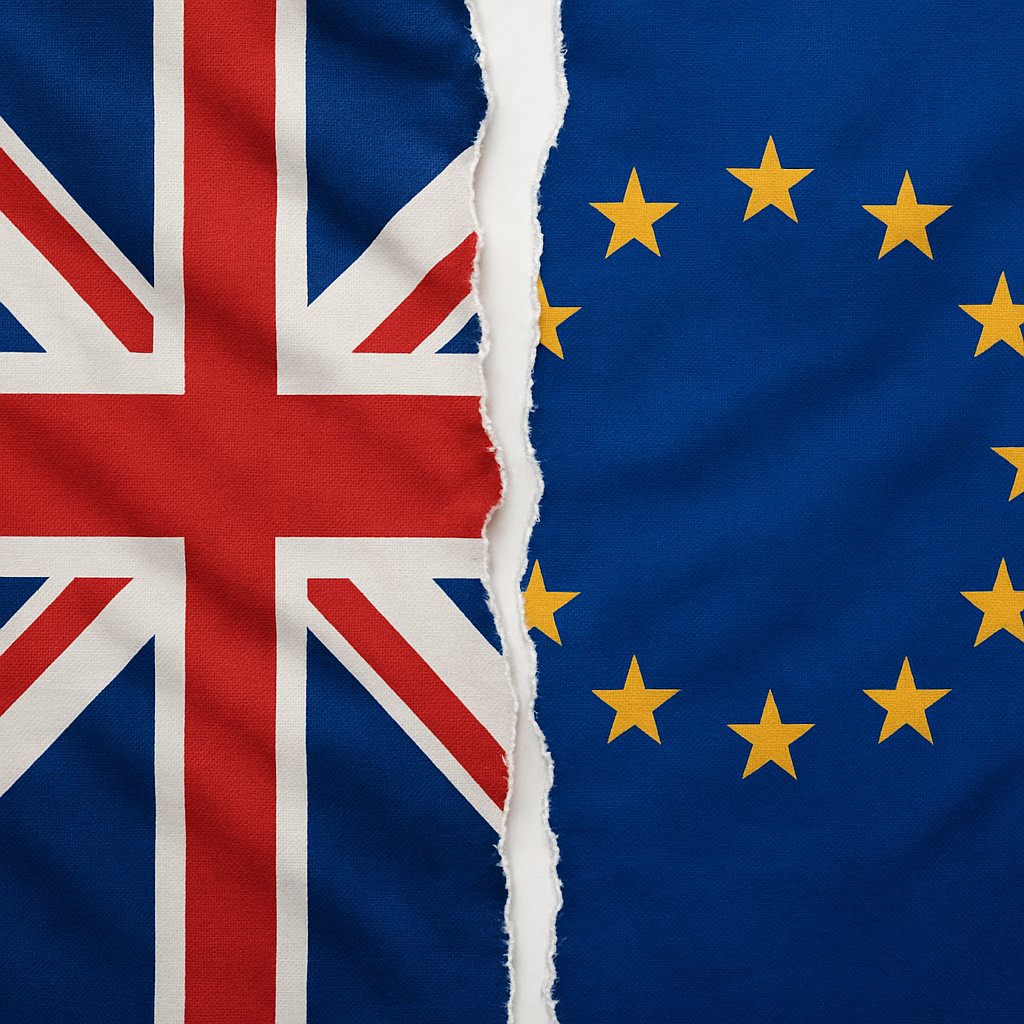(Publ. 20 DEC 2017) Nearly half of consumers fear buying counterfeit holiday gifts, and thirty-one percent admit they’ve been fooled by fakes. This is according to the survey “Global Online Shopping Survey 2017 – Counterfeiting Concerns” by the American company MarkMonitor.
According to HUI Research, the 2017 Christmas shopping in Sweden is estimated to be close to 8 billion Euro and therefore break the previous spending record. Despite the large spending, Christmas is a time when consumers are particularly eager to find the best price on their intended Christmas gift, resulting in a lot of research to compare e-retailers. About 80% of the Swedes will purchase at least one Christmas gift online this year. That figure has been increasing steadily over the past few years. However, it makes no difference where you shop your Christmas gifts, it’s good to be aware of piracy and to be on the alert as a consumer.
There are a number of warning signals that consumers can keep in mind when trying to avoid buying counterfeit goods. For example, if a product is unreasonably cheaper at a frivolous e-retailer than at a known chain, says Karin Crafoord, Attorney at Law at Groth & Co and board member of the Swedish Anti-Counterfeiting Group (SACG).
However, there is a great awareness among consumers. A whopping 91% of the surveyed consumers in MarkMonitor’s survey said they would not knowingly buy a counterfeit product as a Christmas present. The same survey also showed that 86% of consumers believe brand owners should be doing more to protect them from buying fake goods.
There are a number of actions companies can take to combat piracy. For example, to work actively with customs surveys to reduce the import of pirated goods, and to search for and close down sale of pirated goods at foreign e-merchants, says Karin Crafoord.
Global piracy trade is unfortunately growing. In 2016, 2.5% of the overall global trade consisted of counterfeit goods, at a value of over 450 billion US dollars. This according to the United States Chamber of Commerce, USCC.
For more information on how companies can combat piracy, please read our cases:
Customs seizures of counterfeit goods
Piracy and trademark infringement in China

.jpeg)



















